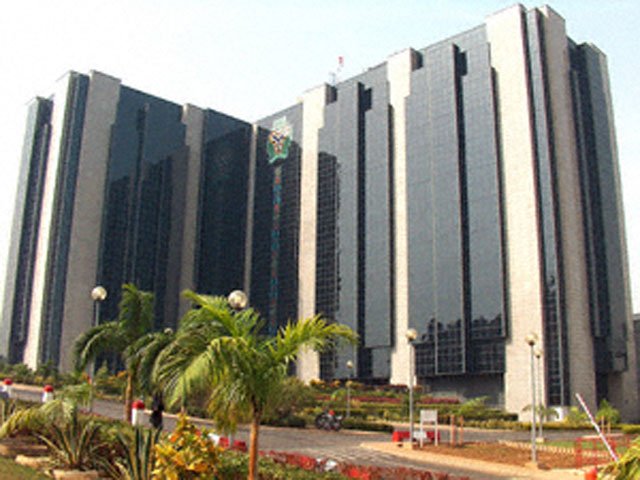Arising from the increased rate of requests by Development Finance Institutions (DFIs) for approval to operate Special Purpose Vehicles (SPVs) in the country, the Central Bank of Nigeria (CBN), on Tuesday, September 3, 2019, issued a circular, to guide and provide a regulatory framework for such matters.
According to the circular, referenced: OFI/DIR/CIR/20/349, titled: “Establishment and operation of subsidiaries and SPVs,” the CBN noted that SPVs will allow for transparency in the financial reporting of DFIs and enable them to focus on their core objectives.
Consequently, DFIs must, henceforth, provide comprehensive disclosures on all subsidiaries and SPV operations and meet the same regulatory standards applicable to their parent.
Specifically, the circular by Mrs. Tokunbo Martins, director, Other Financial Institutions Supervision Department (OFISD), requires that DFIs must now submit returns on all their SPVs including details of ownership, corporate governance structure, statement of assets and liabilities, income and expenditures, project(s) status, possible risk exposure and mitigants, along with own regulatory returns.
They must also report on the financial soundness indicators/prudential ratios of the DFI calculated on a solo and consolidated basis; besides presenting for further approvals, its audited accounts, along with that of the SPVs on a consolidated basis
The DFIs must equally meet a consolidated leverage ratio of at least 10%, that is, common equity: total assets (on and off-balance sheet inclusive) at all times.
Also, “approval of new SPVs shall now depend on the successful performance of earlier approved ones and the meeting of the consolidated prudential ratios, leverage ratio, and business objectives at all times.”
A consolidated risk-based examination of all subsidiaries and/or SPVs will also henceforth be conducted on a periodic basis, even as she warned that non-compliance with details of the circular would be viewed as a violation of the provisions of the DFIs’ Guidelines and attract appropriate sanctions.
Trending Today
Menu








